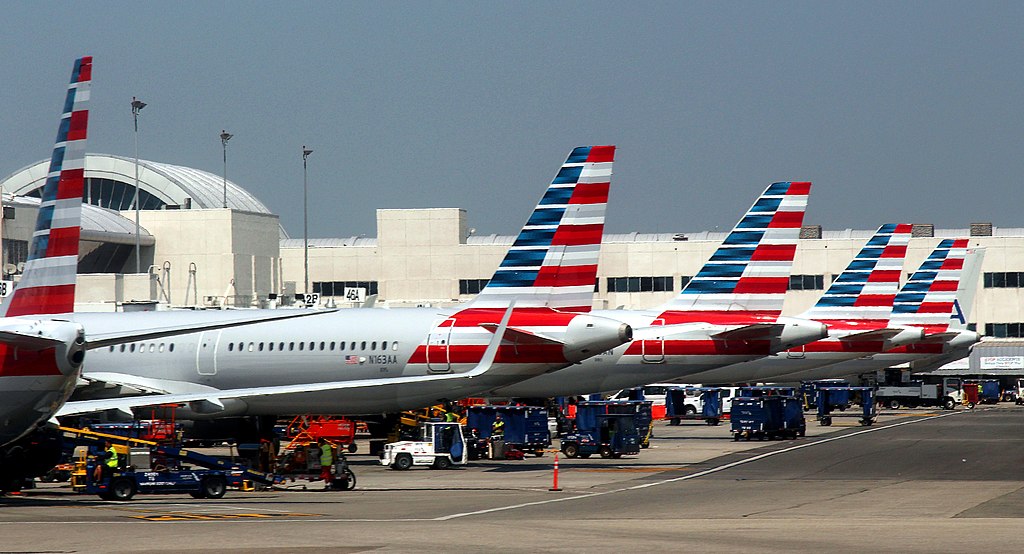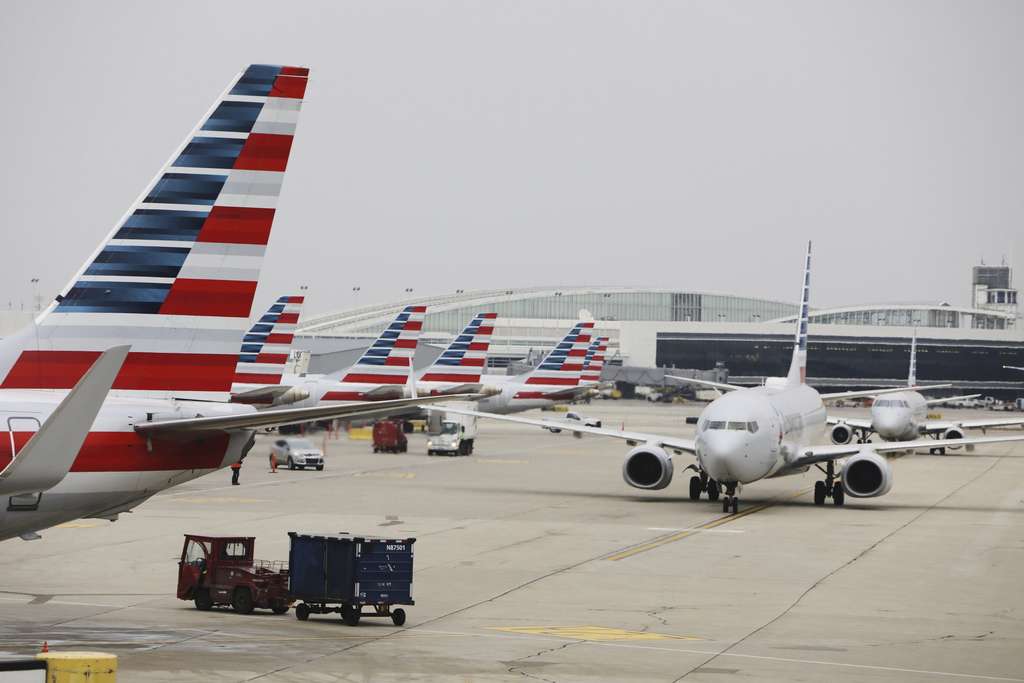The U.S. Department of Transportation (DOT) has fined American Airlines $4.1 million for violating the Department’s rule prohibiting tarmac delays of three hours or more on domestic flights without providing passengers an opportunity to deplane.
The decision against the US airline is the largest fine against a carrier for violating the tarmac delay rule. The landmark fine follows a DOT investigation which uncovered dozens of violations of the rule.
This fine is part of DOT’s continued effort to ensure the air traveling public is protected, including returning more than $2.5 billion in refunds to travelers.
The Tarmac Delay Rule and Violations
DOT’s investigation uncovered a pattern where American Airlines kept numerous flights stranded on the tarmac for extended periods without allowing passengers to disembark.
This practice directly contravenes the Department’s tarmac delay rule, designed to protect passengers from being trapped on planes for excessively long durations.
Between 2018 and 2021, a total of 43 domestic flights operated by American were found to have violated this rule.
[monsterinsights_popular_posts_inline]

Unprecedented Fine and Passenger Compensation
In response to these violations, the Department of Transportation imposed a historic $4.1 million fine on American Airlines. This penalty not only serves as a substantial deterrent against future non-compliance but also reinforces the importance of prioritizing passenger welfare.
Importantly, $2.05 million of the assessed fine will be used to compensate affected passengers on the flights that experienced these tarmac delays.
This approach encourages airlines to make amends directly to passengers, diverting a portion of the civil penalty towards compensatory measures.
Enforcing Passenger Rights
The fine imposed on American Airlines is not just a financial penalty; it signifies the DOT’s commitment to enforcing the rights of airline passengers.
U.S. Transportation Secretary Pete Buttigieg emphasized the Department’s determination to hold airlines accountable for their actions.
Whether the issue pertains to tarmac delays or challenges with refunds, the DOT remains steadfast in its mission to protect consumers and ensure the travel experience is both safe and equitable.
The substantial fine imposed on American Airlines is just one facet of a larger effort by the Biden-Harris Administration to enhance the rights and protections of air travelers.
This initiative includes a rulemaking process that aims to mandate compensation and support for passengers when airlines are responsible for causing disruptions.
As part of this effort, the 10 largest airlines now offer guarantees for meals, rebooking, and accommodations to stranded passengers, reflecting the Department’s commitment to improving the overall passenger experience.
Transparency in Ancillary Fees
DOT’s commitment to passenger empowerment extends beyond addressing tarmac delays. The Department has also introduced a rulemaking initiative focused on enhancing transparency regarding airline ancillary service fees.
Under this proposed rule, airlines and travel search platforms would be required to disclose any additional fees upfront, ensuring that passengers have a clear understanding of the costs associated with services such as seating preferences, flight changes, and baggage.
This approach empowers customers to make informed decisions and avoid unexpected fees that can erode the value of seemingly budget-friendly fares.
Summary
The landmark $4.1 million fine imposed on American Airlines serves as a stark reminder of the importance of adhering to regulations that protect the rights and well-being of air travelers.
DOT’s commitment to passenger safety and satisfaction is evident not only in this substantial penalty but also in its broader efforts to hold airlines accountable and enhance transparency in the industry.

Click the banner to subscribe to our weekly newsleter.









